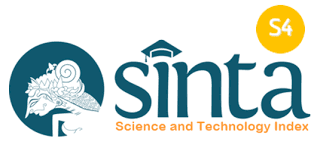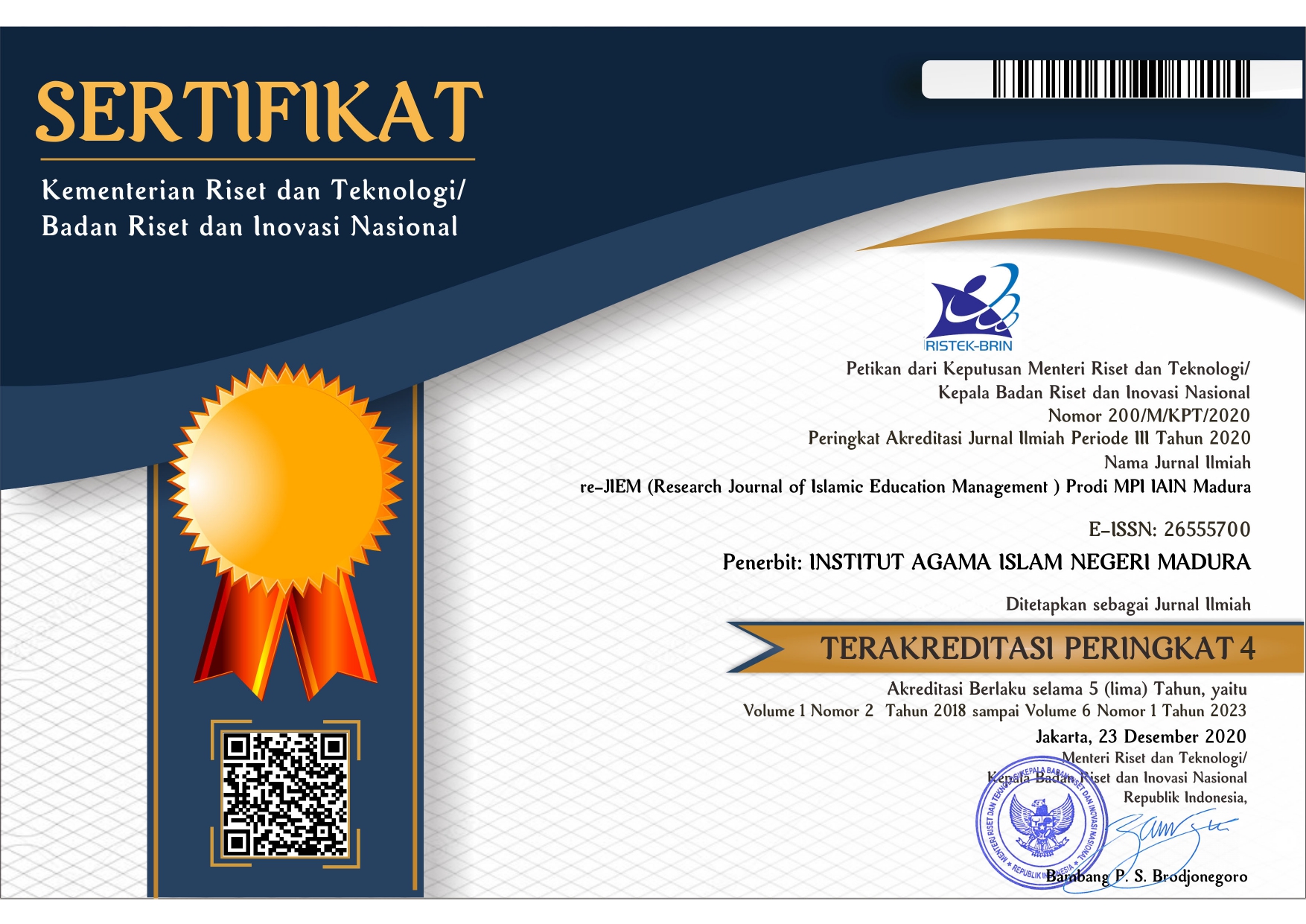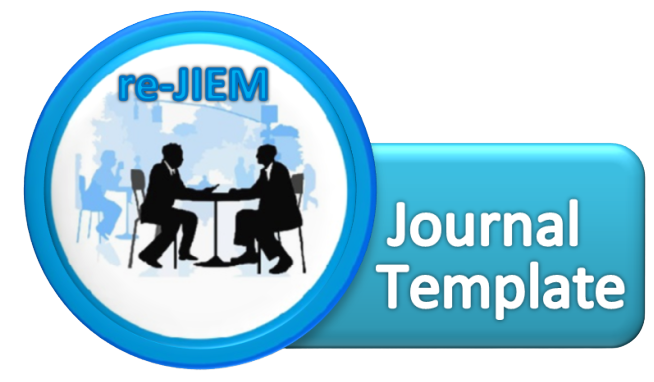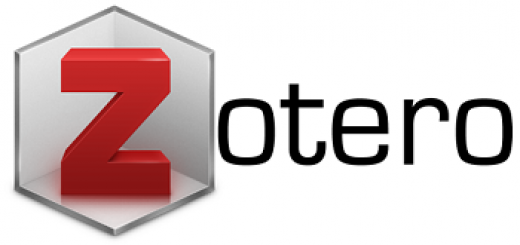PENGELOLAAN PERKULIAHAN MATA KULIAH KEWIRAUSAHAAN DALAM MENINGKATKAN MINAT BERWIRAUSAHA MAHASISWA EBIS IAIN MADURA
 Abstract views: 343
,
Abstract views: 343
,
 PDF downloads: 318
PDF downloads: 318
Abstract
Entrepreneurial interest of each individual arises along with one's efforts to gain an understanding of entrepreneurship obtained through daily activities of doing business independently in the surrounding environment, through knowledge from lectures both aspects of entrepreneurial theory and entrepreneurial practice as academic demands so that it impacts on the growth of entrepreneurial motivation. This research was conducted qualitatively by tracing the lecture activities of study program students at the Faculty of Business Economics IAIN Madura. The results showed that; first, designing lectures as well as possible that refers to the syllabus, preparing references and theories, students are encouraged to take an active part in class. Second, the implementation of entrepreneurship courses, namely the existence of discussion activities and field practice. During the discussion the students were equipped with knowledge about entrepreneurship, business, which was then strengthened by holding business practices outside the classroom. Third, the level of success of the entrepreneurship course courses is the emergence of creative and innovative ideas for students to carry out small entrepreneurial activities on campus such as selling food cakes to other students as a form of entrepreneurial interest.
Downloads
References
Ahmad Subagyo, Eko Wahyu Widayat, dan Syahruddin. Kewirausahaan. Jakarta: Mitra Wacana Media, 2018.
Aidha, Zuhrina. “Pengaruh motivasi Terhadap Minat Berwirausaha Mahasiswa Fakultas Kesehatan Masyarakat Universitas Islam Negeri Sumatera Utara.” Jurnal Jumantik 1, no. 1 (2016).
Aini, Yulfita. “Pengaruh Pembelajaran Kewirausahaan Terhadap Minat Mahasiswa Upp Berwirausaha”. Jurnal Ilmiah Cano Ekonomos. Volume 3. Number 1. Januari, 2015.
Arikunto, Suharsimi. Manajemen Penelitian. Jakarta: Rineka Cipta, 2013.
Aziz, Abdul. Pengantar Manajemen dan Substansi Administrasi Pendidikan. Surabaya: Pena Salsabila, 2017.
Buchari, Alma. Pengantar Bisnis. Bandung: Alfabeta, 2010.
Buna’i. Penelitian Kualitatif. Pamekasan: Stain Pamekasan Press, 2008.
Christianingrum, dan Erita Rosalina. “pengaruh Pembelajaran Kewirausahaan Terhadap Minat Berwirausah.” Integrated Journal of Business and Economies (IJBE) 1, no. 1 (2017).
Fahmi, Reza, dan Tri Amanda. “Pengaruh Pembelajaran Kewirausahaan Terhadap Minat Berwirausaha Mahasiswa.” Jurnal Ekonomi dan Bisnis Islam 2, no. 1 (2017).
Febrianto. “Strategi Peningkatan Kewirausahaan Bagi Mahasiswa di Perguruan Tinggi”. Jurnal Bisnis Darmajaya. Volume 1. Number 1. Januari, 2015.
Gunawan, Imam. Metode Penelitian Kualitatif. Jakarta: Bumi Aksara, 2014.
Hariani, Cicik dan Yulianeu, “Analisis Faktor-Faktor yang Memperngaruhi Minat Berwirausaha pada Remaja Karang Taruna Wijaya Kusuma Kelurahan Kramas Kecamatan Tembalang Kota Semarang”. Jurnal Disprotek. Volume 9. Number 1. Januari, 2016.
Kamil, Mustofa. Model Pendidikan dan Pelatihan; Konsep dan Aplikasi. Diedit oleh M.Pd. Dr. Riduwan, M.B.A. Kesatu. Bandung: Alfabeta, 2012.
Kubais, M., dan M. Zeen. Menggerakkan Jiwa Entrepreneur. Yogyakarta: Gosyen Publishing, 2018.
Lutfi. “Pengelolaan Pembelajaran Kewirausahaan di Universitas Negeri Padang.” Jurnal Administrasi Pendidikan Fakultas Ilmu Pendidikan Universitas Negeri Padang 1 (2016).
Madura, Tim Penyusun Kurikulum IAIN. Dokumen Kurikulum Program Studi pada Fakultas Ekonomi Bisnis Islam IAIN Madura. Pamekasan: IAIN Madura, 2017.
Moleong, Lexy J. Metodologi Penelitian Kualitatif. Bandung: Remaja Rosdakarya, 2014.
Mulyasa, H.E. Manajemen dan Kepemimpinan Kepala Sekolah. Jakarta: Bumi Aksara, 2017.
Rahmadi, Alif Nur. “Analisis Faktor-Faktor yang Mempengaruhi Minat Berwirausaha pada Mahasiswa Program Studi Manajemen Fakultas Ekonomi Universitas Kediri”. Jurnal Ekonomi Universitas Kediri. Volume 1. Number 2. September, 2016.
Rahmawati. Bisnis Usaha Kecil Menengah; Akuntansi, Kewirausahaan, dan Manajemen Pemasaran. Yogyakarta: Ekuilibria, 2016.
Ramdhani, Nova Tiara, dan Ida Nurnida. “Pengaruh Mata Kuliah Kewirausahaan Terhadap Minat berwiarausaha Mahasiswa.” Jurnal Ecodomica 1, no. 1 (2017).
Rusdiana. Kewirausahaan Teori dan Praktik. Bandung: CV. Pustaka Setia, 2018.
Rosmiati dan Teguh Santosa Junias, Donny dan Munawar. “Sikap, Motivasi, dan Minat Berwirausaha Mahasiswa”. Jurnal Manajemen dan Kewirausahaan. Volume 17. Number 1. Maret, 2015.
Subanar, Harimurti. Manajemen Usaha Kecil. Yogyakarta: BPFE, 2009.
Sugiyono. Metodelogi Penelitian Kualitatif dan R&d. Bandung: Alfabeta, 2010.
Suharsaputra, Uhar. Metode Penelitian. Bandung: Refika Aditama, 2012.
Suherman, Eman. Desain Pembelajaran Kewirausahaan. Bandung: Alfabeta, 2010.
Terry, George R., dan Leslie W. Rue. Dasar-Dasar Manajemen. Jakarta: Bumi Aksara, 2016.
Widnyana, I Wayan, Sapta Rini Widyawati, dan G. Oka Warmana. “Pengaruh Pemberian Mata Kuliah Kewirausahaan dan Pelatihan Wirausaha Terhadap Minat Wirausaha Ekonomi Kreatif.” Jurnal Bakti Masyarakat Indonesia 1, no. 1 (2018).
Wijaya, David. Pendidilkan Kewirausahaan. Yogyakarta: November, 2017.
Authors who publish with this journal agree to the following terms:
Authors retain copyright and grant the journal right of first publication with the work simultaneously licensed under a Creative Commons Attribution-ShareAlike 4.0 International License that allows others to copy and redistribute the material in any medium or format with an acknowledgment of the work's authorship and initial publication in this journal and also allows to remix, transform, and build upon the material for any purpose, even commercially with contributions under the same license as the original.
Authors are able to enter into separate, additional contractual arrangements for the non-exclusive distribution of the journal's published version of the work (e.g., post it to an institutional repository or publish it in a book), with an acknowledgment of its initial publication in this journal.
Authors are permitted and encouraged to post their work online (e.g., in institutional repositories or on their website) prior to and during the submission process, as it can lead to productive exchanges, as well as earlier and greater citation of published work.



























